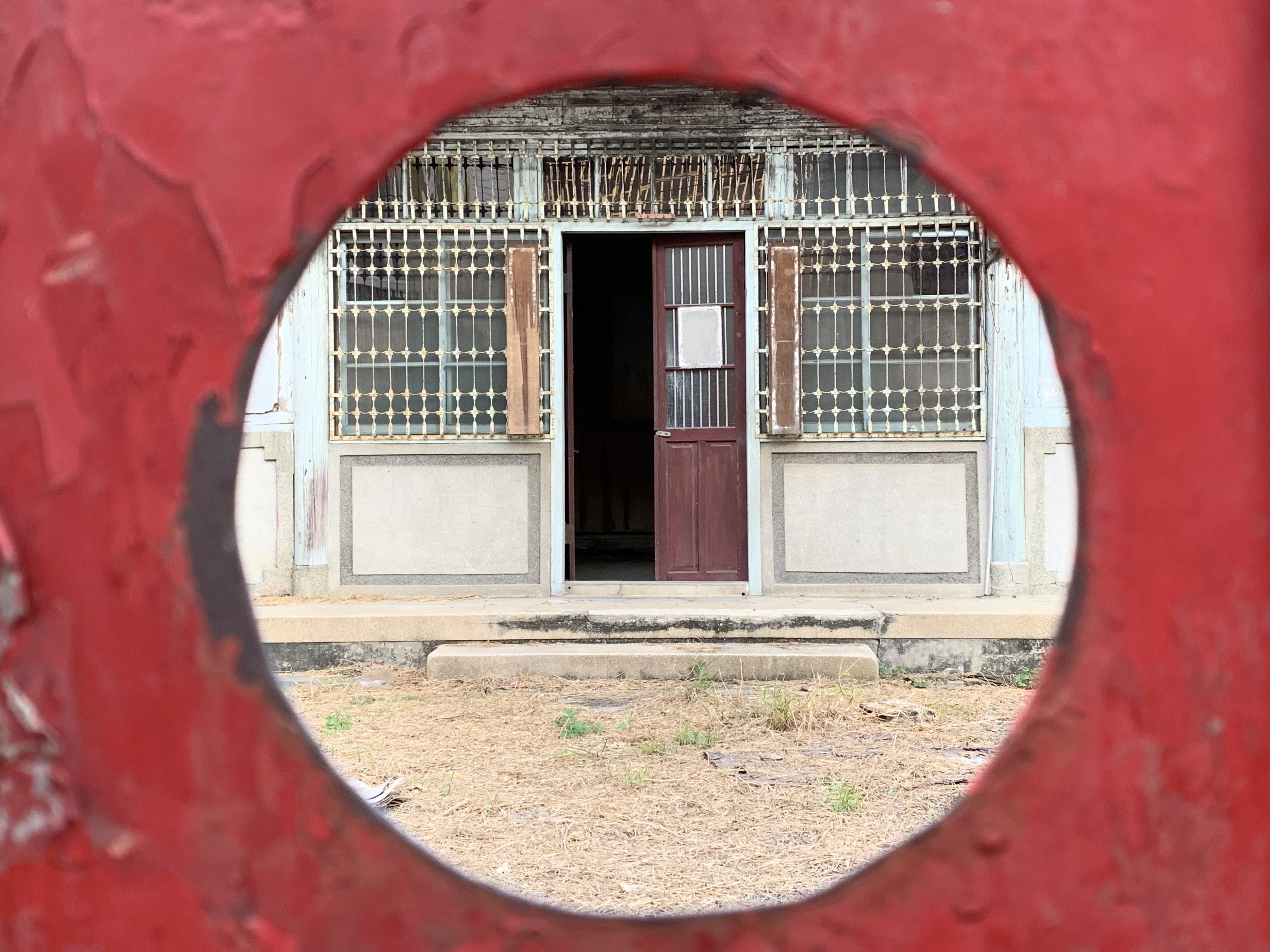"Well, fortunately we're in Taiwan," you might think, "so he'll get a stay in the hospital and effective treatment, and it won't cost much." After all, Taiwan’s accessible, affordable healthcare is consistently well-ranked. The Taiwanese public seems to agree: in general, satisfaction with the system reaches heights that most Western nations could only dream of, reaching almost 90% in 2019. All of this is possible through far less government expenditure than in most other nations, including the US – just 6.6% of GDP. Despite this, you'd only be partially right.
My friend’s husband will indeed get affordable treatment. However, he ended up spending two days and two nights in the emergency room, in critical condition, before he was allocated a hospital bed. And his condition was -- is -- so serious that he'd been put at the front of the queue to get that bed at all! My friend had some very complicated feelings about this, noting that others had been in the ER for even longer. Some would be waiting for a bed for up to a week.
It's not news that Taiwan has a hospital bed shortage. News outlets have been reporting on it for at least a year. A physician who spoke to United Daily News earlier this year estimated that 10-20% of hospital wards have closed. In 2023, CommonWealth reported that emergency room stays lasting more than a night had tripled, and the wait for hospital beds had doubled. Around the same time, TaiwanPlus pointed to Taipei’s Mackay Memorial Hospital closing 200 beds.
How does a system that was founded on the idea of streamlined access, and informed by research on the benefits and drawbacks of systems in other countries, end up with such a massive bed shortage, and emergency room visits that, in some cases, are as long as typical hospital stays?
The surface-level cause is clear: insufficient nursing staff to attend to the patients who would usually occupy those rooms. Nurses are quitting in droves, they say, resulting in crisis-level turnover. Taiwan regulates the nurse-to-patient ratio at approximately 1:9, with higher patient loads during the day and lower ones at night. A shortage of nurses, therefore, translates directly into insufficient beds.
The reasons for this mass exodus are as predictable as they are insidious: as with female-dominated professions in general, nurses in Taiwan are overworked and underpaid. Taiwanese nurses are frequently asked to do overtime and have trouble taking time off, but even experienced ones earn on average just $46,000-$55,000NT per month. Although Taiwan graduates more nurses than it needs, so many quit the profession out of frustration, exhaustion or both that new graduates aren’t stemming the shortage. Despite a surfeit of students studying nursing, Taiwan is almost always several thousand nurses short of what it needs for its hospitals to function at capacity. Taiwan has approximately 310,000 registered nurses, but only about 60% are currently working.
The good thing about obvious problems, one would think, is that they tend to come with obvious solutions. Offer better working conditions with less overtime for more pay, and all of those nursing students will remain nurses. Despite this blindingly obvious fix to a problem that should have never existed in the first place, the media, the government and hospital leadership all seem to be giving themselves enemas with their own heads.
Initially, the government threw money at the problem without taking concrete steps to ensure nurses were paid well to work reasonable hours. Billions were given to hospitals through the 2010s to address the shortage; slightly less than half of those hospitals hired more nurses or increased pay. Many did nothing, or decreased their nursing staff. Last year, the government also announced plans to ease the examination requirements for new nurses. While allowing nurses who would have otherwise failed the exam to practice seems likely to lower-quality care, the bigger issue is that it doesn't solve the core problem: bringing in more nurses won't stop the hemorrhaging on the other end. If nurses are not paid well to work reasonable hours, even potentially less-skilled ones will eventually quit.
More recently, the government has introduced new rules that increase the nurse-to-patient ratio and overall offer night shift bonuses. Of course, higher patient loads only increase stress on nurses, and bonuses to keep nurses working to their physical breaking points do nothing to address the overwork causing them to quit in the first place. Quite the opposite, in fact.
Different levels of hospitals can offer different bonuses to nurses; unsurprisingly, district hospitals, where nurses have the highest patient load, would offer the lowest bonuses.
As one might predict, nurses aren’t keen on the scheme. Nearly 57% “reject” it, saying it won’t alleviate the shortage, isn’t fair to day nurses, and will make scheduling shifts even more difficult.
Apparently “pay nurses fair wages to work reasonable hours” is simply too difficult for those in power to comprehend.
Taiwanese media isn’t helping much to report on the issue. UDN mentions overwork, but doesn’t discuss improved pay and promotion schemes. Instead, it examines the enrollment quota for nursing students and recommends improving safety measures, neither of which are in the same galaxy as the real problem. In the Liberty Times, the head of the Yunlin branch of National Taiwan University Hospital suggests streamlining nurses’ work to make it more efficient and less repetitive. While this isn’t a bad idea, it’s also, still, not the problem.
Or perhaps they do, but they can’t bring themselves to pay women a fair wage for reasonable hours of professional work. Until this changes, Taiwan may well not live up to its global reputation for accessible, prompt healthcare.











